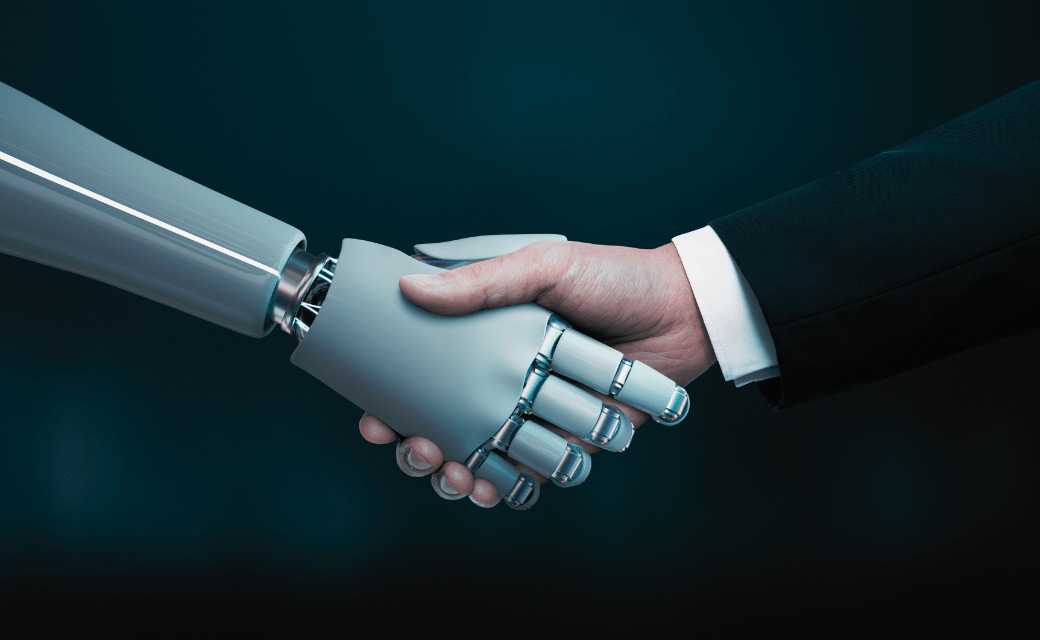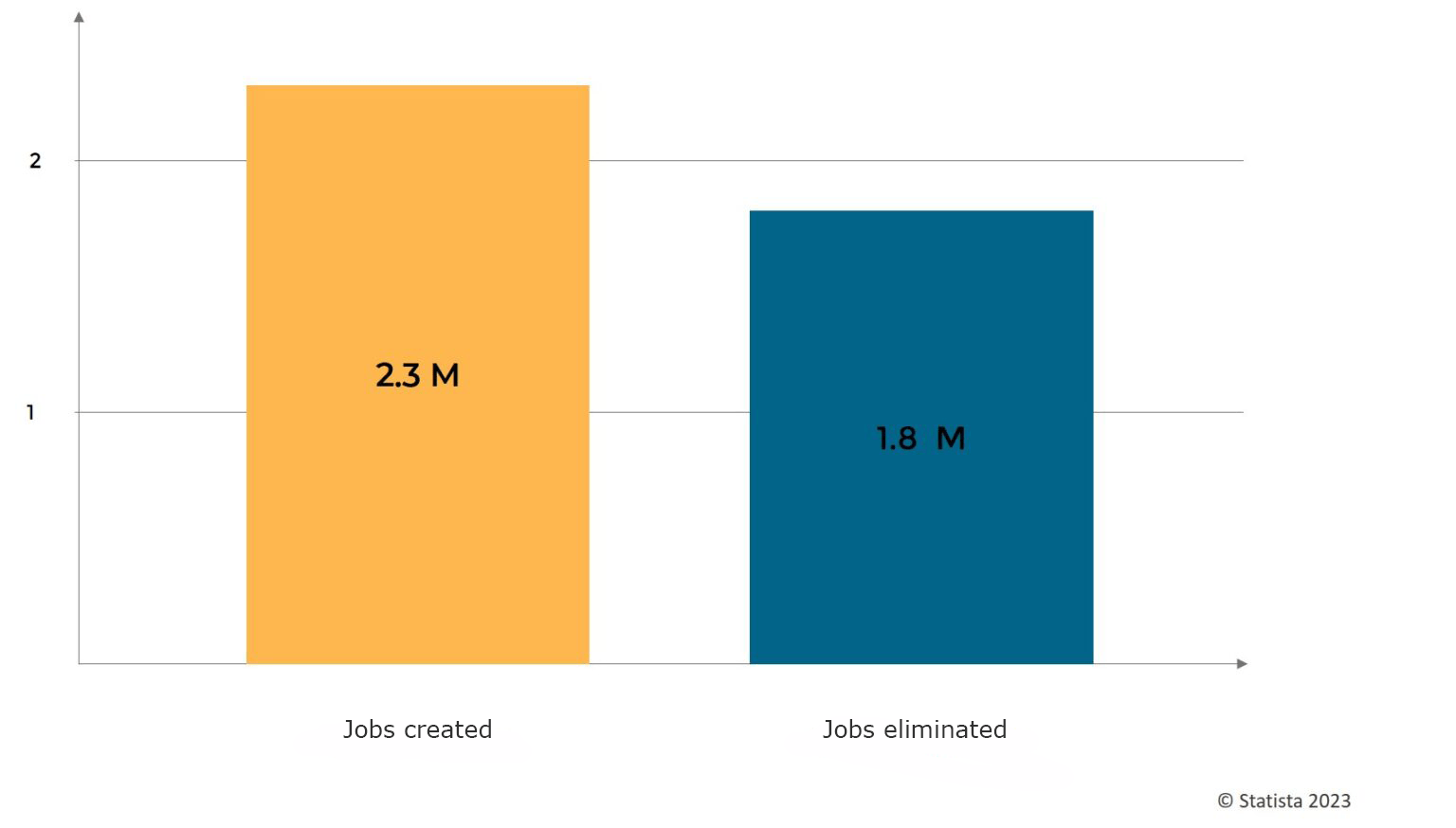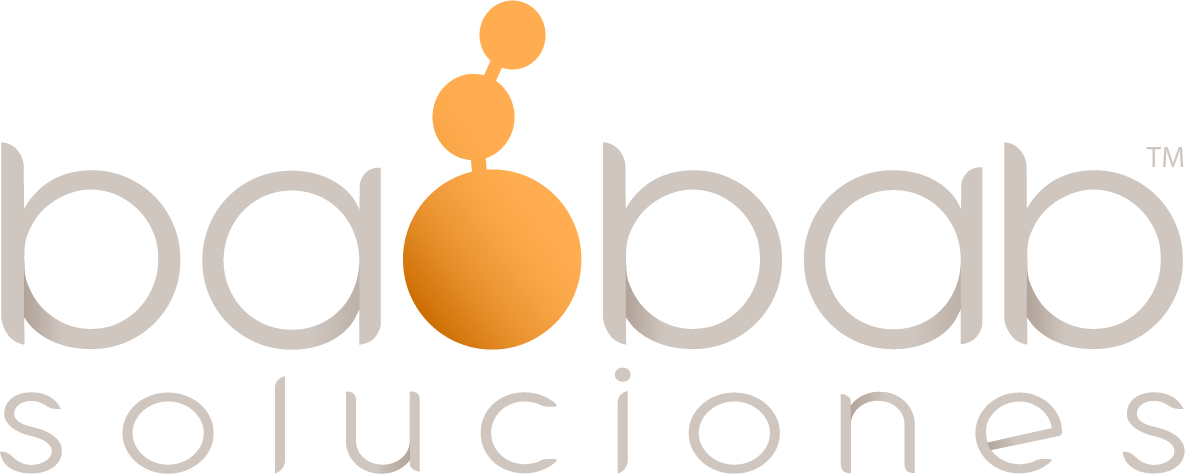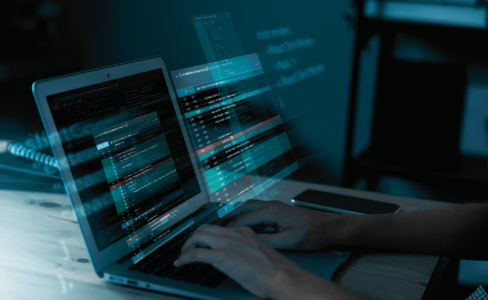We feel sorry to break the climax, but… it is not one thing, nor the other. With the spread of the use of generative Artificial Intelligence, debates have arisen about the possible risks that AI brings to society. Lately, we have heard multiple news or opinions regarding AI that speak of possible adverse effects and fears related to the evolution and use of this technology. But there is an equally newsworthy and less fatalistic vision that should be highlighted.

Let’s start at the beginning: AI can be broadly summarized as a field of computing that seeks to develop systems and technologies capable of performing tasks that require human intelligence, such as learning, perception, reasoning and decision-making. In reality, it is a concept that encompasses a series of very diverse technologies, among which are automatic learning (Deep Learning, Machine Learning), neural networks, natural language processing, whether by voice or text, whose best known exponent today is ChatGPT, artificial or computer vision, digital twins and simulations, robotics and automation, Big Data systems or intelligent agents, among many others.
We have in our hands a powerful tool to address global challenges and promote a sustainable and prosperous future.
1.- AI generates massive unemployment.
The fear of change is inherent to human beings; in the past, with industrial revolutions and the automation of production processes, the idea has always been that people can be replaced by machines. The arrival and implementation of AI tools in business is no exception; the feeling of “displacement” of humans is increasingly latent. But this idea, somewhat aided by science fiction, is rather unfounded, as historical evidence shows that technological advances have consistently created more jobs with higher wages.
This graph shows the effect that AI has had on net employment, facing the number of jobs created and eliminated due to artificial intelligence worldwide in 2022.

The misconception arises from the mass labor fallacy, which assumes a fixed amount of labor in the economy. In reality, technology improves productivity, lowers prices, stimulates demand and creates new industries and jobs. A market economy, together with technology, perpetuates growth and job creation.
2.- Engine of innovation and progress.
AI-based tools are transversal, they have the ability to accelerate innovation in all sectors, from medicine to renewable energy, through productive, industrial and even artisanal processes. Thanks to machine learning and analysis of large volumes of data, AI can help scientists and experts develop faster and more effective solutions to pressing problems that are highly complex and difficult for a human to handle without their help. From fighting climate change to medical research, AI offers unprecedented tools and insights to address complex challenges.
3.- Improvement of efficiency and productivity.
AI has the potential to optimize processes and improve efficiency in almost any area. By automating repetitive and routine tasks, AI frees up experts and professionals to focus on higher-value and creative tasks. Which not only increases the productivity, but also drives innovation and economic growth.
AI through Predictive Analytics can also help anticipate and mitigate problems or predict failures before they occur, which can give us the opportunity to minimize the impact of crises, avoid unwanted production stops and even help in the prevention of natural disasters.
4.- Can AI help solve global problems?
AI is fundamental in solving global challenges, such as access to medical attention, education and equitable distribution of resources. Through data analysis and processing, AI can improve decision-making in critical areas, such as public policy planning and humanitarian crisis management. Additionally, AI can help develop power systems more efficient, improve natural resource management and promote sustainable agricultural practices to address potential food shortages.

Artificial Intelligence has the potential to be a driving force for progress and resolution of business and global challenges we face as a society. Realizing its potential will require a combination of responsible regulations, cross-sector collaboration and continued investment in research and development. By embracing AI and working together, we can create a future where technology is a tool for the common good and where the benefits extend to all people.
So AI is not a threat, it is a tool and as such it requires operators, programmed by humans, which provide people with more and better information to make decisions. With the right guidance it has the potential to create a more promising future for entities of all types, businesses, countries….
To delve deeper into this topic, we invite you to read the following article:Andreessen, M., & Murrow, L. (2023, June 6). Why AI will save the world. Andreessen Horowitz.
Are you interested in planning and optimizing your company’s production processes? Click on the link and learn more about us and how we have successfully applied Artificial Intelligence solutions in companies like yours.



